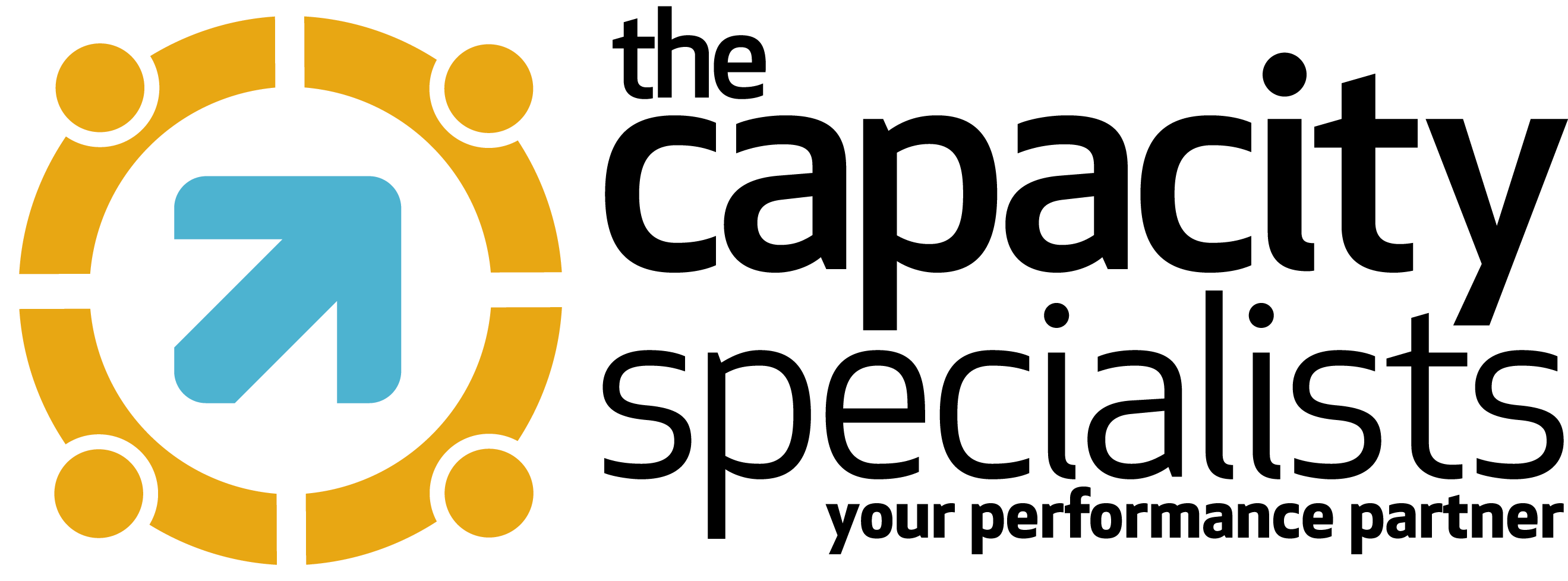Cultivating Organisational Health: The Secret Ingredient for Sustainable Success
There’s a hidden performance driver that provides successful organisations – big and small – with a powerful advantage versus their competitors: organisational health.
In today’s business environment, successful organisations need the smartness to look around the corner when innovating new products and services. Bestselling author Patrick Lencioni, however, argues even more is required. Truly successful organisations are not only smart, they are also healthy.
Organisational Health as A Competitive Advantage
Healthy organisations, according to Lencioni, manage to unify management, operations, and culture and outperform their competitors by having:
- high morale among staff
- high productivity
- minimal (interpersonal) conflicts
- direction without confusion
- little employee churn.
For many organisations, output and productivity are achieved by squeezing operations, resources, and people. I’m not arguing that these organisations may indeed deliver short-term results. All those who have worked under Elon Musk – be that at Tesla, SpaceX or X/Twitter – can attest to this. I am questioning, however, how sustainable such short-term practices are.
The Importance of Organisational Health
When faced with market pressures, companies often take on more than they can handle, argue notable organisational psychologists Anke Bruch and Jochen Menges. They raise performance goals, shorten innovation cycles, or introduce new management systems and techniques to keep productivity high.
“What began as an exceptional burst of achievement becomes chronic overloading, with dire consequences,” warn Bruch and Menges. “Exhaustion and resignation begin to blanket the company, and the best employees defect.”
Not only can individuals burn out, but organisations can too! They get sucked into a vicious cycle where they engage in what I term productivity kabuki: everyone is extraordinarily busy, but the organisation stands still.
The Pillars of Organisational Health
Two sides of the same coin
As we emphasize to all our clients: productivity and health are two sides of the same coin, for both individuals and organisations. Healthy individuals create productive organisations, and healthy organisations create productive individuals.
But this requires two fundamental shifts away from old paradigms of productivity, efficiency, and time management.
Shift 1: Attention is the new currency
Let’s be honest. Doing more with less doesn’t cut it anymore. Definitely not in this age of digital overload where we not only have to manage projects, tasks, and people but also an increasing number of communication channels ranging from MS Teams to Slack to WhatsApp.
Instead, organisational success is primarily determined by how effectively leaders and employees can focus their attention on what really matters. Organisations and the people in them need to ruthlessly cut through the noise – to be productive but also to stay healthy since digital overload can all too easily turn into cognitive overwhelm.
Shift 2: Toward a systemic approach to attention management.
Shifting to attention management, however, is not enough. Executives and employees need to implement a systemic approach to attention management to realize the exponential impact on productivity and health. At Think Productive, we employ such a systemic blueprint for managing attention and energy: CORD.
CORD consists of four essential habits, which together supercharge both productivity and well-being:
- Capture and collect
- Organize
- Review
- Do
Capture and collect
Focus on information inputs. These might be your ideas, actions established during conversations with colleagues, paperwork, voicemails, social media notifications, and of course, the email inbox. Keeping each of these at zero leads to zen-like calm and preparedness.
Organize
The Organize habit is where we start to ask crucial questions to ensure ruthless focus and peace of mind. It’s about applying consistent thinking that gets to the heart of decisions and actions as quickly and effortlessly as possible.
Review
The Review habit is comprised of daily and weekly checklists designed to direct your attention and focus for optimum efficiency, mindfulness, and agility. It gives our inner boss the chance to shine and gives us the chance to step out of the chaos to achieve clarity.
Do
The Do habit focuses on working with your attention and energy levels, choices, and momentum for optimum efficiency. It’s also about developing the mindfulness and unorthodoxy needed to avoid procrastination, keep things moving, and feel positive about your work.
Utilizing the four core habits consistently across an organisation will make for healthier, more productive and motivated employees, while also creating synergies across teams and departments to realize a measurable impact on your hidden competitive advantage: organisational health.
Would you like to improve your Organisational Health? We thoroughly lay out the CORD Model in our workshops and teach you the skills to successfully implement it in your work. Contact us by sending a message here, sending an email to results@thecapacityspecialists.com, or calling 087 484 808 or 061 722 233.
Mark T. Fliegauf is reimagining work as Executive Director at Think Productive WESA (West & South Asia). He is training organisations how to be more focused, more productive, and healthier and has worked with clients in IT, aviation, biopharmaceuticals, logistics, finance, manufacturing, and consumer goods including S&P 100 and DAX 30 corporations.
Resources:
- Bruch & Menges 2010 The Acceleration Trap. HBR.
- Fliegauf 2023a CORD: A systemic approach to productivity. Think Productive WESA.
- Fliegauf 2023b Executive Leaders are more exhausted than ever – and hybrid work could be the culprit. Gulf Business.
- Lencioni 2012 The Advantage.
Related Posts
Leave a Reply Cancel reply
Categories
- Uncategorized (12)




